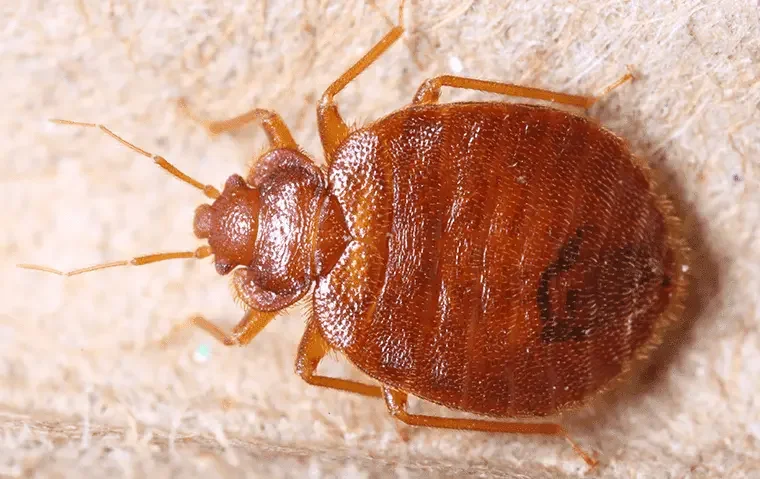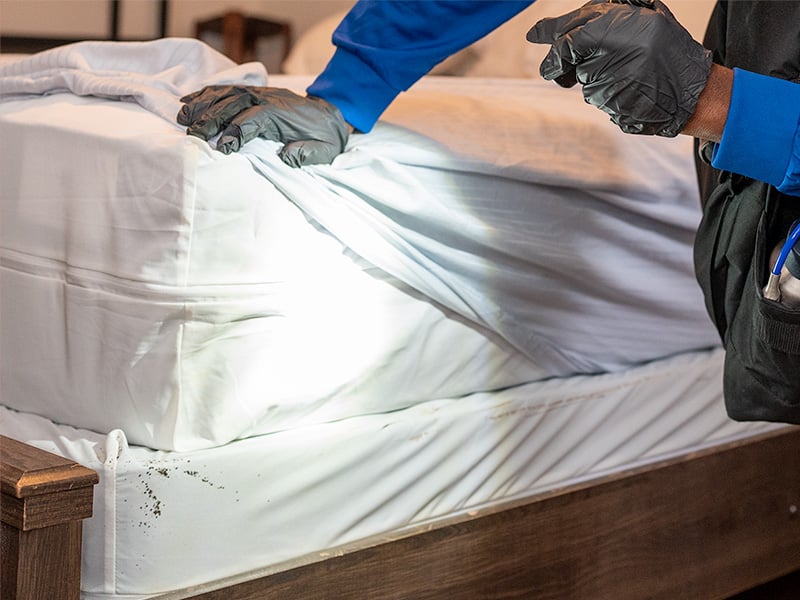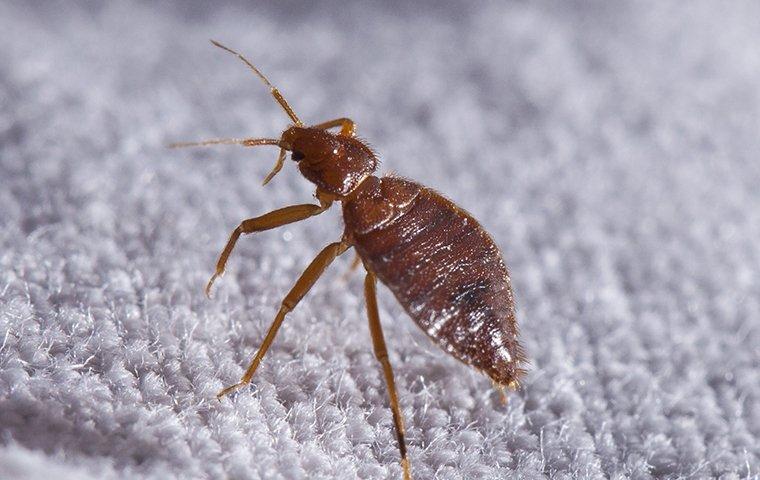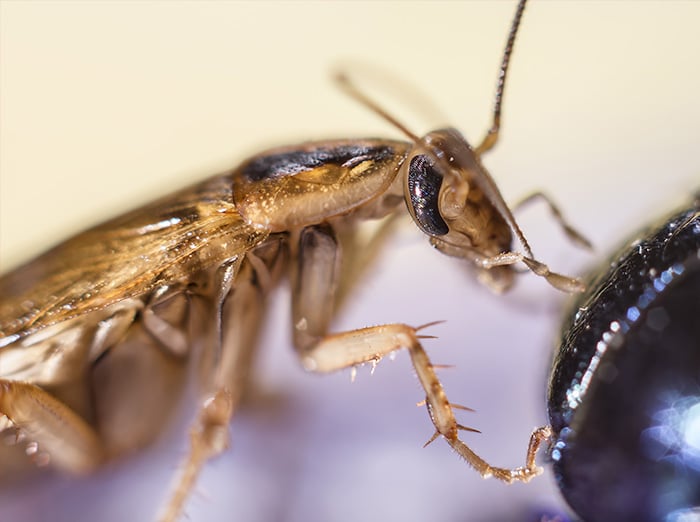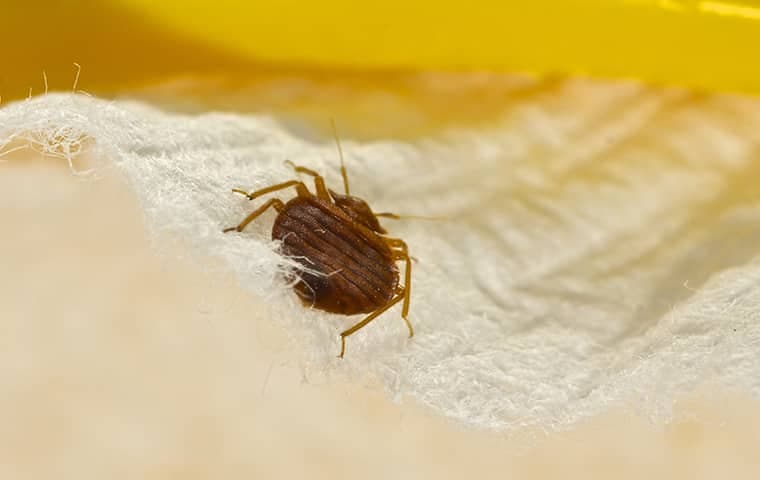Bed Bugs: Identification, Prevention, And Control In Jacksonville
You're waking up in the morning with strange bite marks clustered or arranged in continuous lines on your body. There is no pain, and you can't recall being bit. No bugs or any other miscreants are visible that you can blame.
Well, the good news is, it's not vampires. The bad news is that your house very likely has a bed bug infestation.
Until the last 50 years, a bed bug infestation was almost unheard of. We'd just about taken care of the problem, ridding the United States of these eternal human companions. But unfortunately, in the last few decades, bed bugs have come back with a vengeance. The increased mobility we enjoy and the use of public spaces seem to be the main culprit blamed for the sudden resurgence of these tiny parasites.
Bed bugs are minuscule insects, rarely growing over 1/4 of an inch in size. They have flat, oval-shaped bodies that are mahogany colored when unfed, but as they feed, their hue changes to reddish-brown, and they swell to more than double their size.
Bed bugs feed on human blood, having, over the millennia, evolved to become the constant companions of humans, infesting our homes since the beginning of time. They have no wings and are not fast enough to travel safely on their own, so they have resorted to hitchhiking on their victims or their belongings to find new blood sources.
Once they arrive at their destination, bed bugs hide, spending the day tucked in some of the most unlikely hiding spots, like the inside of the mattress, inside your phone or alarm clock, etc. With you hard asleep between 12 and 5 a.m., bed bugs become active and crawl out to feed on your blood. The lines or clusters of bed bug bites you're noticing on your body are the bed bugs moving along your skin and biting to probe for a capillary they can feed on. Bed bug saliva contains anticoagulants to keep blood from clotting and an anesthetic to keep you from feeling the bite as they feed.
Let's take a look at how to spot signs of a bed bug infestation, how to prevent bed bugs from infesting your home, how to get rid of bed bugs if it's too late for prevention, and where to find top-notch pest control in Jacksonville if prevention and DIY do not do the trick.
How To Identify A Bed Bug Infestation
Bed bugs reign supreme when it comes to finding ways to stay out of our sight. They're amazing at hiding, and their young nymphs are so small and translucent that you're not likely to notice them with the naked eye while looking straight at them. The fact that bed bugs are nocturnal and only come out to feed when most of us are hard asleep doesn't help either.
Bed bug bites are usually the earliest indication of bed bugs in your Jacksonville home, but the problem is they often go unnoticed for days, sometimes even weeks. Bed bug bites are easily confused with bites from other insects like mosquitoes and fleas or rushes or eczema. Some people won't see an indication of a bite at all and only see a tiny speck of discoloration on the skin.
For a DIYer looking to successfully clear out a bed bug infestation catching bed bug invasion in its early stages is paramount. Let's take a look at some signs of an infestation you can watch out for.
You may find:
- Reddish-brown spots of bed bug fecal matter, about the size of an ink dot and looking like they're bleeding into the fabric like a marker.
- Small spots of blood from either a crushed bed bug or the remainder of blood spilling after the bed bug stopped feeding.
- Molted skins and egg shells.
- Bed bug eggs in the frame of the bed itself.
- Live bed bugs.
Noticing a musty odor around your bed that comes from bed bug pheromones which they release to communicate with other bugs, combined with these other signs of bed bugs, is usually an indication the infestation is in advanced stages. You're not likely to be able to handle the problem on your own.
Bed Bugs Won't Just Go Away On Their Own
Once bed bugs make their way into your home, they've got everything they need; plenty of places to hide during the day and an inexhaustible food supply within walking distance. As long as your living space stays warmer than 45 degrees Fahrenheit and cooler than 133 degrees, bed bugs will enjoy the comforts your place has to offer.
They will try and stay close to their food source (aka you) not only because they're not huge fans of traveling on their own but also because they need at least one blood meal to move on to the next step in their life stage.
Bed bugs will molt their skins and grow six times during their lifetime. Once they're fully grown, they will start mating, and for that, they also need reliable access to a source of blood (again, you) since each female needs to feed before laying eggs. Bed bugs live much longer than most other insects, averaging over 12 months, and during that time, each female can lay over 300 eggs. Each of those 300 will be a full-grown adult bed bug ready to feed on you as you sleep and will lay more eggs, turning a single bug into a full-blown infestation that is unlikely to move on anywhere until the food runs out.
If you've determined that you have a bed bug infestation:
- Wash sheets and other bedding immediately and dry them on the hottest setting for at least 30 minutes.
- Move your bed away from the walls and furniture that bed bugs can use as hiding spots.
- Vacuum floors and furniture in the room and immediately dispose of the vacuum bag or contents from a bagless vacuum. Remember, you're not likely to spot bed bugs young without magnification.
Most bed bug infestations don't get discovered until they are in pretty advanced stages, with scores of bed bugs to deal with and hundreds of eggs. A missed single egg can start a new infestation that will upend your life all over again. An inspection from an experienced pest control professional is a great insurance to ensure you will not have to deal with the same issue in the future.
Easy Tips To Prevent Bed Bugs From Catching A Ride Into Your Home
Once bed bugs in Jacksonville make their way into your house, they multiply fast and are extremely hard to ferret out of their hiding places and get rid of. A bed bug can fit into a crack thinner than a credit card slot and wait for months for its next meal.
The old urban wisdom contends that bed bugs are attracted to dirty homes couldn't be further from the truth; bed bugs rarely travel further than 20 to 25 feet on their own and will land wherever the object or a person they're hitchhiking on ends up. A few minutes in an infested restaurant seat, a suitcase set down in the airport next to one with bed bugs in it, or a library book that spent some time in a bed bug-infested home, and you're dealing with an infestation in your house.
Let's take a look at what you can do to make your home impregnable to bed bugs:
- Check the bedding and surrounding area for bed bug signs in any hotel room you stay in.
- Run the clothes you've been wearing on a trip through the wash and dry them at the highest setting; you need to expose bed bugs to temperatures above 113 degrees Fahrenheit to get rid of them.
- Vacuum your luggage immediately after arriving home.
- Try to avoid setting your luggage down on public transportation and in airports.\
- Inspect secondhand furniture before bringing it into your house.
- If you live in an apartment building, make sure your door fits tight and seal other openings where wires and piping come into your home.
If, regardless of your prevention efforts, you see signs of bed bugs in your house or didn't catch the infestation early enough to have a reasonable chance of successfully handling it on your own; it's time to get a Jacksonville bed bug control professional involved.
The Best Bed Bug Control Method For Jacksonville Homes
At Lindsey Pest Services, our technicians are QualityPro certified by the National Pest Management Association. We've been helping Jacksonville residents with their bed bug control needs and other pest infestations since 1957.
On arrival, our technicians will evaluate the extent of the infestation and take care of the live bugs and their eggs to ensure you won't have to deal with a reinfestation in the future.
If you're struggling to clear bed bugs, give us a call today to get started and to learn more about our residential and commercial pest control services in Jacksonville.
Get Your Free Pest Control Quote Today!
Complete the form below to get started with your free, no-obligation quote, and a Lindsey Pest representative will contact you shortly.
Same Day Service Available!
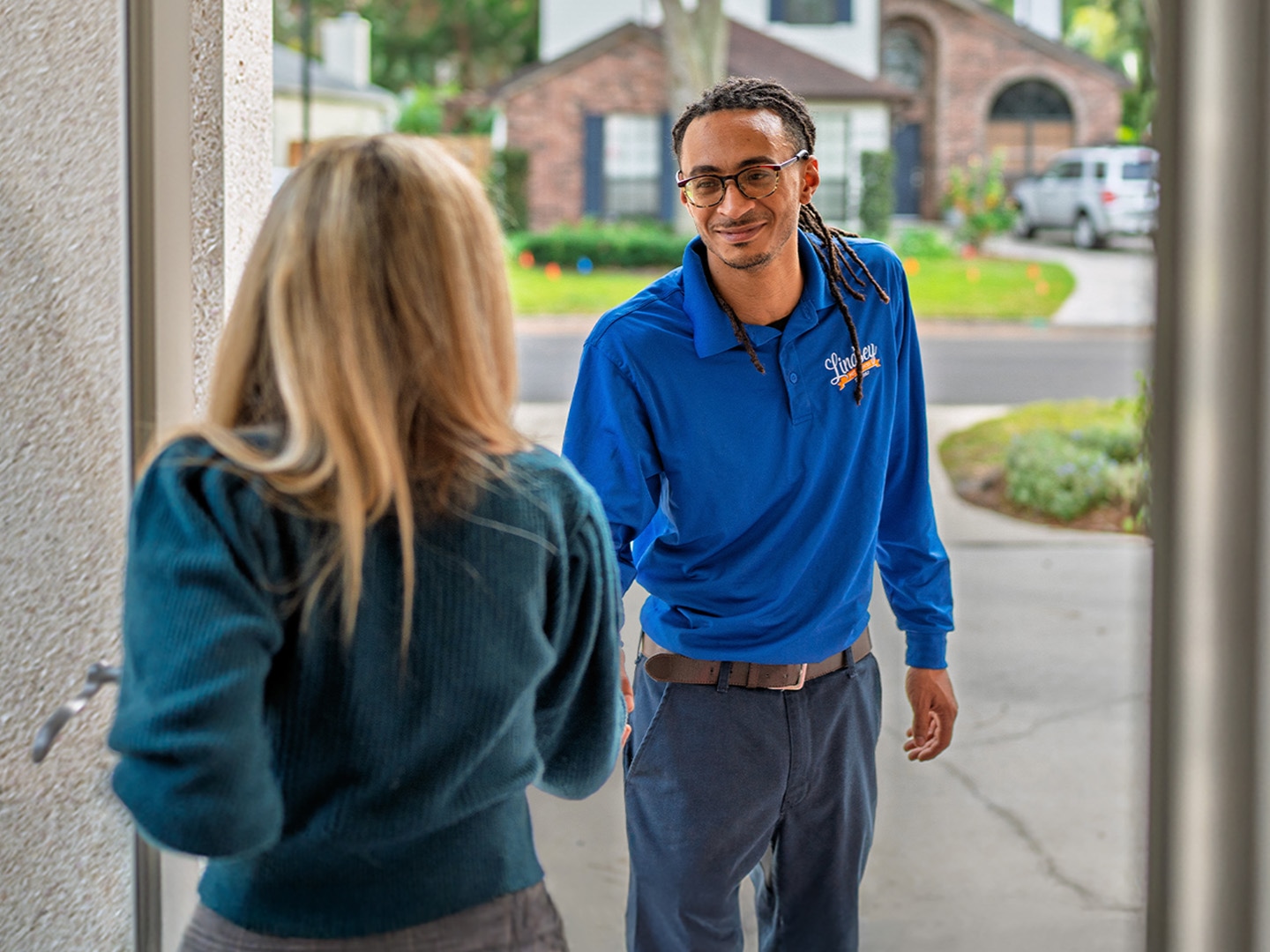
Blog Posts


